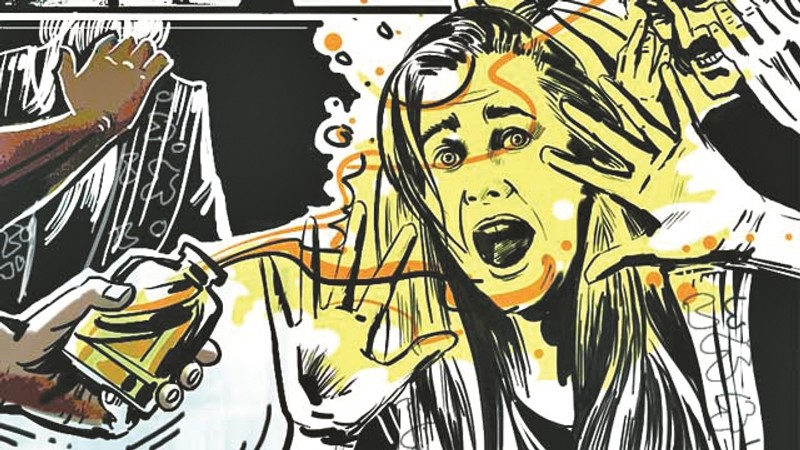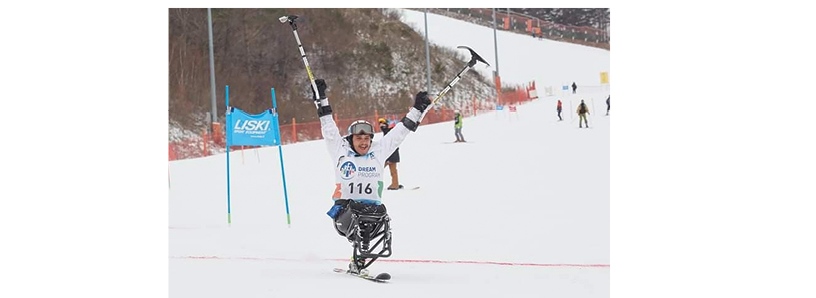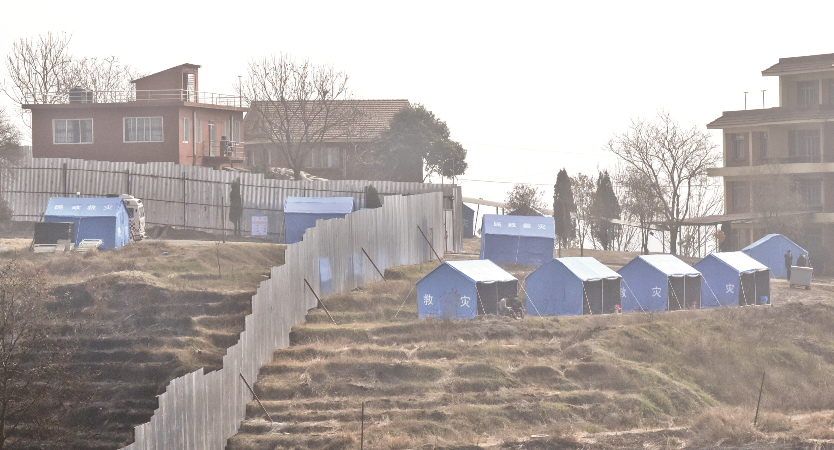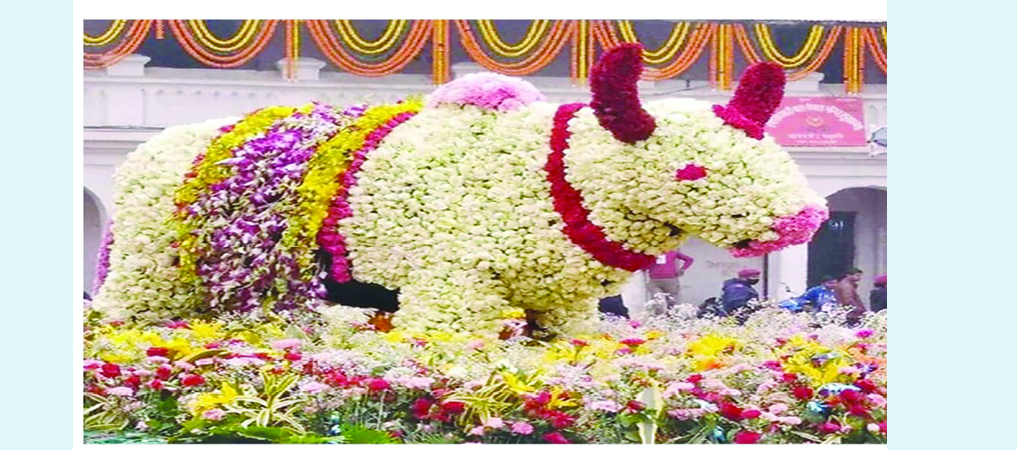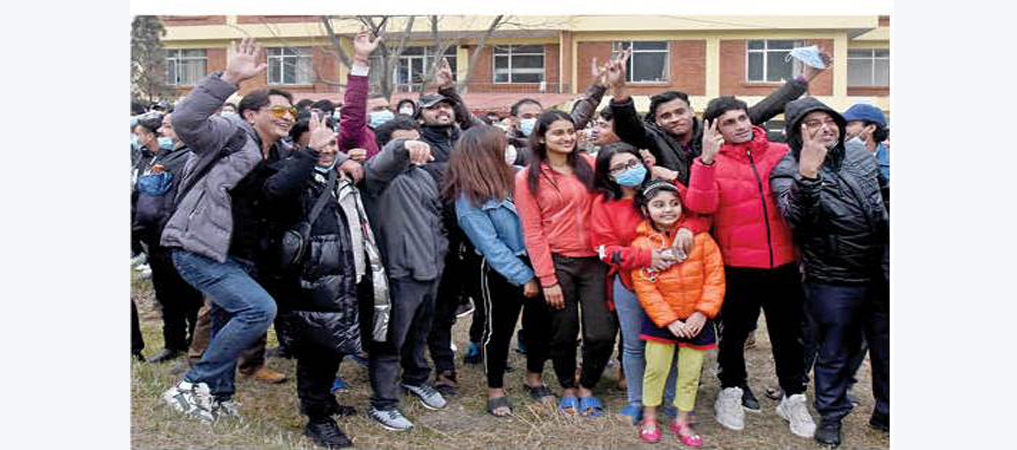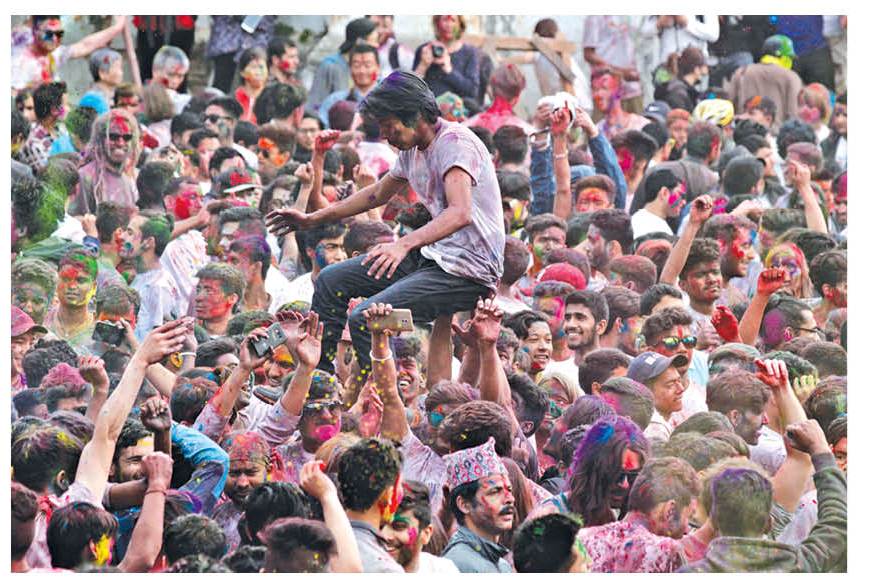Virus surge raises fear of second wave: Experts
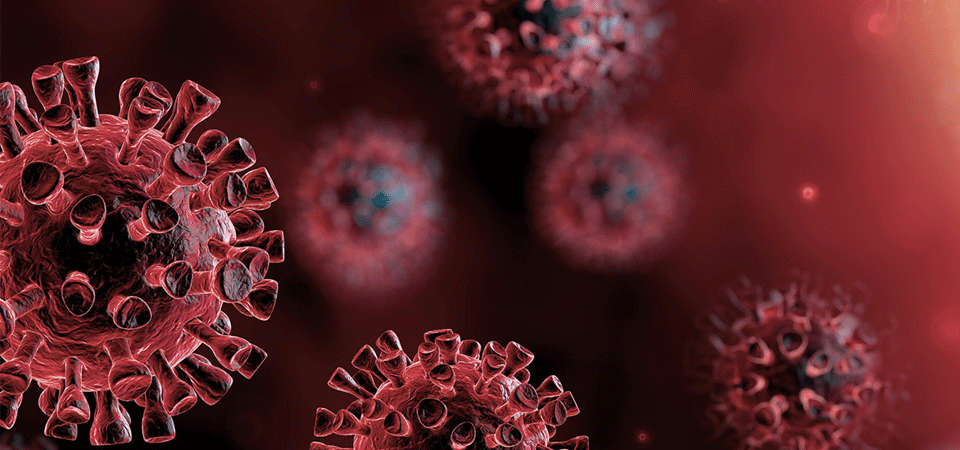
By Sampada A. Khatiwada
Kathmandu, Apr. 14: Nepal is witnessing a surge in COVID-19 infections in recent times. As of Tuesday, there are 3,608 active cases of the novel coronavirus. Of them, 413 patients across the nation are under treatment in institutional isolation, 97 are admitted to the ICU and 20 are receiving treatment with ventilator facility, according the Ministry of Health and Population (MoHP).
According to the public health specialists, spike in daily infections has signalled the possibility of the second wave of the pandemic.
Dr. Anup Bastola, spokesperson for Sukraraj Tropical and Infectious Disease Hospital, Teku, said, “The number of patients showing the symptoms of COVID-19 diagnosed with pneumonia is increasing daily in all hospitals.”
“As multiple variants of the virus are prevalent everywhere in the current scenario, a huge number of people have been suspected of contacting the virus in the community level,” said Dr. Bastola. “However, only those showing symptoms of the infection are being diagnosed.”
He warned that the nation was on the verge of facing the second wave of the pandemic.
“It is evident that the government-prescribed public health standards are not being followed effectively. Defying the health safety protocols is directly proportional to the increase in the infection rate,” said Dr. Bastola, adding that the nation was re-entering into the stage in August last year when maximum surge in the cases was reported.
Increase in serious patients
Likewise, Dr. Krishna Prasad Paudel, director at Epidemiology and Disease Control Division (EDCD), said, “A few months back, most of the patients admitted to the ICU were aged above 60 years. But currently, the severity of the infection has spiked among youth and children.”
Dr. Bastola added that currently around 18 patients were admitted to the ICU in Teku Hospital. The number had fallen to one-digit a few months earlier. “Currently, of the total infected people, 15 per cent are children. Operation of schools and educational institutions without complying with the public health protocols has turned the schools into new COVID-19 hotspot,” said Dr. Bastola.
Prevalence of other variants
The public health experts have been saying that the new variants have been on the rise lately.
Dr. Samir Kumar Adhikari, joint spokesperson for the MoHP, said, “The UK variant, known as B.1.1.7, might have spread in the community level. Mostly, school-going students and teachers are suspected to have been infected with the new variant.”
Similarly, Dr. Paudel said, “It has been revealed that S-Gene targets have been missing in many swab samples of those infected with COVID-19.”
Missing of the S-Gene targets indicates that the swab-sample holds new variant of SARS-CoV-2.
“A change in spike protein has been detected in India’s double mutant virus, Brasilian strain of the coronavirus and UK variant. Change in spike protein makes the new strain highly contagious,” said Dr. Bastola. “If the new strains start spreading rampantly, the nation might observe 50 to 70 per cent spike in infection rate and 1.6 per cent surge in fatality rate.”
Dr. Bastola added that the new strains had non-specific symptoms which vary from person to person. “Some asymptomatic patients infected with the novel coronavirus are even diagnosed with pneumonia.”
Need to follow public health standards
“Along with the increase in infection rate, the severity of the infection has also surged. The threat of Nepal being hit by the second wave has increased due to the lack of compliance with the public health standards. Thus, strictly following the health safety protocols is the only way out,” said Dr. Poudel.
Moreover, Dr. Bastola said that time to implement the learning from last one year of pandemic had come. “Now, it is in the hands of both, public and the government, to control the spread of the virus,” he said.
He added that along with abiding by the public health standards, people must immediately get their COVID-19 test done if they sense symptoms of infection.
“Also, it is the moral duty of those returning from abroad to stay in quarantine for 14 days,” added Dr. Bastola.
He said that the government’s duty was to increase the surveillance especially at the border and ensure effective management of hospitals, contact tracing and other testing facilities for COVID-19 response.
Recent News

Do not make expressions casting dout on election: EC
14 Apr, 2022
CM Bhatta says may New Year 2079 BS inspire positive thinking
14 Apr, 2022
Three new cases, 44 recoveries in 24 hours
14 Apr, 2022
689 climbers of 84 teams so far acquire permits for climbing various peaks this spring season
14 Apr, 2022
How the rising cost of living crisis is impacting Nepal
14 Apr, 2022
US military confirms an interstellar meteor collided with Earth
14 Apr, 2022
Valneva Covid vaccine approved for use in UK
14 Apr, 2022
Chair Prachanda highlights need of unity among Maoist, Communist forces
14 Apr, 2022
Ranbir Kapoor and Alia Bhatt: Bollywood toasts star couple on wedding
14 Apr, 2022
President Bhandari confers decorations (Photo Feature)
14 Apr, 2022





